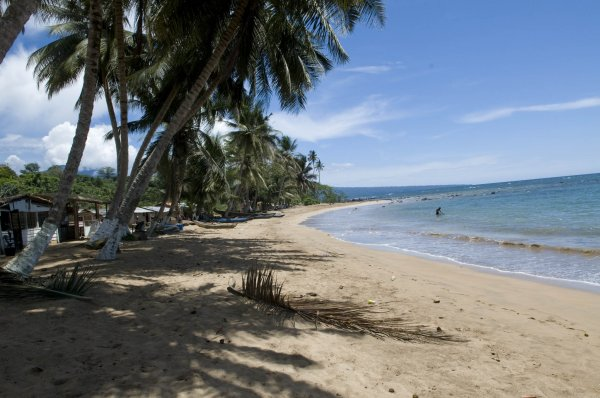 A small but flourishing country on the coast of west central Africa, the Republic of Equatorial Guinea is known for its lush forests, tropical beaches and diverse wildlife.
A small but flourishing country on the coast of west central Africa, the Republic of Equatorial Guinea is known for its lush forests, tropical beaches and diverse wildlife.
Equatorial Guinea gained independence from Spain in 1968, and the discovery of massive oil reserves in the mid-1990s means that the country is now one of the world’s fastest-growing economies. The wealth of the country continues to grow as Equatorial Guinea strengthens its relationship with allies across Africa, Europe, the US and Asia.
Increasingly a destination for tourists, investors and businesses, Equatorial Guinea demonstrates that an abundance of natural resources benefits the country economically, culturally and environmentally, and it seeks to share these assets with the world as a whole.
Equatorial Guinea consists of two main regions: a continental region and an insular region The insular region consists of the islands of Bioko (formerly Fernando Pó) in the Gulf of Guinea and Annobón, a small volcanic island south of the equator. Bioko Island is the northernmost part of Equatorial Guinea and is the site of the country’s capital, Malabo. The mainland region, Río Muni, is bordered by Cameroon to the north and Gabon to the south and east. It also includes several small offshore islands, such as Corisco, Elobey Grande, and Elobey Chico.
Equatorial Guinea- On the Road of Transformation
